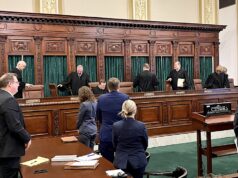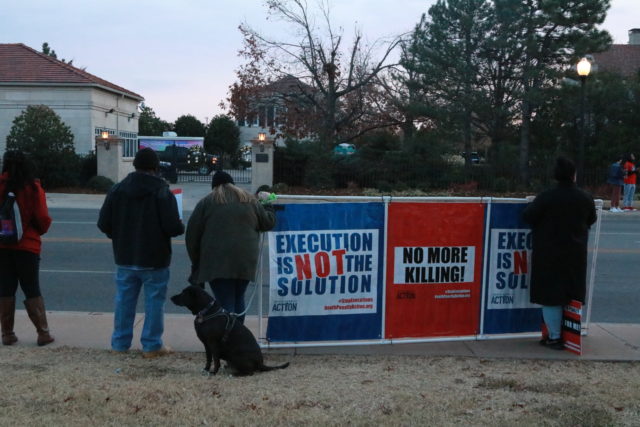
For much of this past year, the death penalty in Oklahoma became the center of national attention and debate because of the case of Julius Jones, a death row inmate who was granted clemency after a groundswell of advocacy arguing his innocence.
But while the conversation about the Jones case largely centered on the question of his guilt or innocence and the broader issue of potential wrongful convictions, a larger, ongoing debate exists in the state over the death penalty itself.
A recent poll by Cole Hargrave Snodgrass & Associates found that 64 percent of Oklahomans support the death penalty and 23 percent oppose it, representing a slight drop in support from 2015, when 68 percent were in favor and 24 percent opposed.
However, following the Jones case and legal challenges to Oklahoma’s lethal injection protocols, opponents of the death penalty have claimed a prominent platform that they hope will lead to significant change in Oklahoma’s criminal justice system.
History of the death penalty in Oklahoma
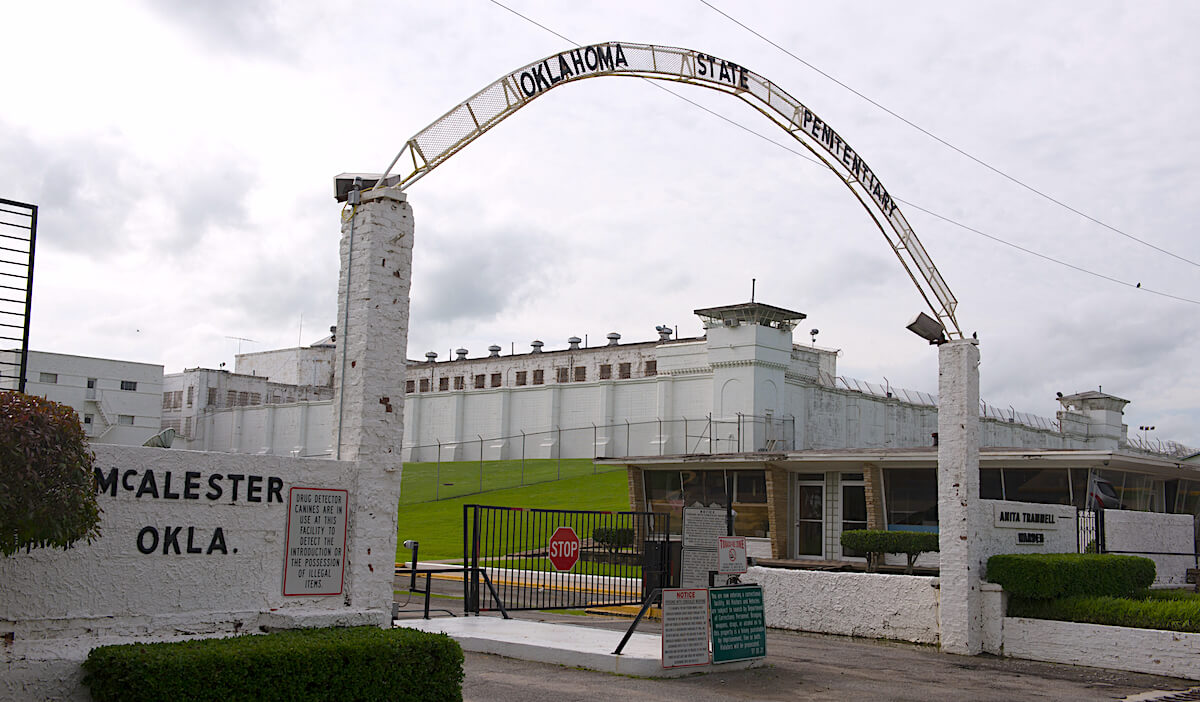
Executions have been carried out in Oklahoma since long before statehood, pausing only twice.
The first time was in the 1970s, when a U.S. Supreme Court decision found certain execution procedures unconstitutional.
In 1976, then-Gov. David Boren called a special session of the Legislature to restore the death penalty within the Supreme Court’s guidelines. In 1977, the state became the first jurisdiction in the world to institute lethal injection as its execution method.
Since then, Oklahoma has carried out 114 executions, the highest number per capita in the U.S., according to the Death Penalty Information Center. Since 1973, 10 death row inmates in the state have ultimately been exonerated.
The second time Oklahoma executions were halted came in 2015. In April 2014, the state had botched the lethal injection of Clayton Lockett by injecting a cocktail of drugs incorrectly. And in January 2015, Oklahoma executed Charles Warner using a drug that was not included in the state’s approved injection protocol.
Then-Gov. Mary Fallin declared a moratorium on executions in September 2015 after the state received the same unapproved drug — potassium acetate instead of potassium chloride — for the next planned execution. The moratorium remained in place until this year.
Also in 2015, the Oklahoma Legislature passed and Fallin signed a bill approving the use of nitrogen hypoxia for executions if lethal injection becomes “unconstitutional or unavailable.” Nitrogen is an inert gas that makes up the majority of the Earth’s atmosphere, but breathing only nitrogen is fatal. Oklahoma was the first state to approve nitrogen hypoxia, which has not yet been used in an execution here or elsewhere.
Oklahoma law also allows for the use of electrocution if it is not possible to use either lethal injection or nitrogen hypoxia. A firing squad is approved if it is not possible to use electrocution.
In the United States, 27 states currently allow the death penalty. Of those, 18 states have litigation in federal court regarding the death penalty, and three others have a current governor-imposed moratorium.
In 2016, amid scrutiny of the death penalty following the Lockett and Warner executions, voters overwhelmingly approved amending the Oklahoma Constitution to protect the death penalty through State Question 776. The measure ensured the Legislature’s power to approve “any method of execution” not prohibited by the U.S. Constitution, and it prohibited the reduction of a convict’s death sentence based on questions about the method of execution. The amendment also declared that the death penalty itself could not be deemed cruel and unusual punishment in Oklahoma.
‘It’s difficult for everybody’
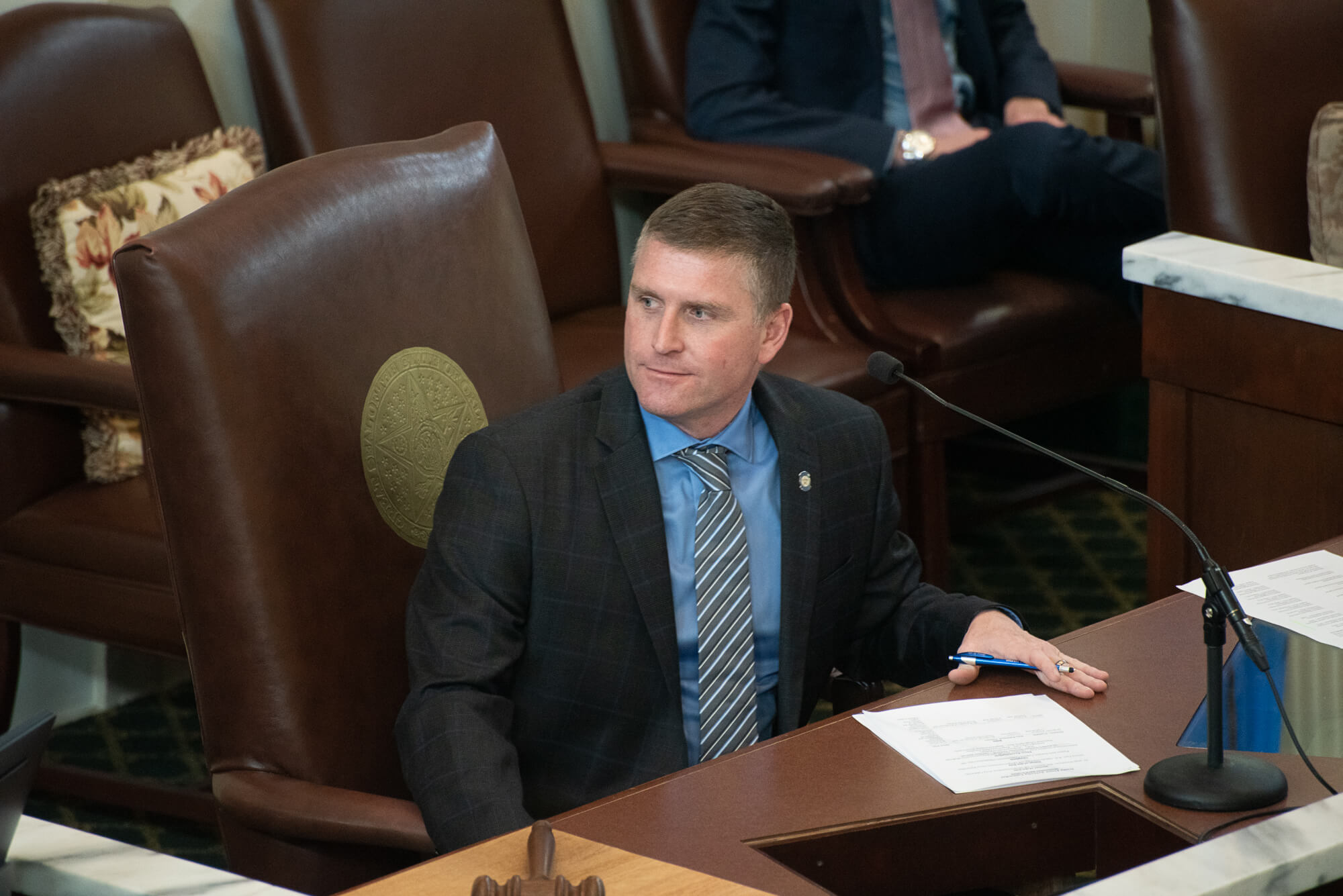
Oklahoma’s lethal injection protocol is currently the subject of a lawsuit brought by a number of death row inmates arguing that the method is unconstitutional. The lawsuit is set to go to trial in February, but recent rulings have allowed executions by lethal injection to move forward this year, with John Grant becoming the first person executed in the state since 2015.
Currently, three death-row inmates are scheduled to be executed before the February trial. An additional inmate, Wade Lay, has had his execution stayed pending a hearing on his mental competency.
Despite controversial media reports that said Grant convulsed multiple times and vomited before dying, the state carried out its second execution of the year Dec. 9 by executing Bigler Stouffer without reports of complications.
Oklahoma House Chairman of the Civil Judiciary Committee Chris Kannady supports the death penalty and said he believes execution is appropriate for certain crimes.
“It’s a finality piece for crimes that are so heinous that the death penalty is deserved,” he said.
Kannady (R-OKC) said he also feels confident that issues with the state’s execution procedures have been addressed and that the process is “fixed and solid.”
“If the judicial system says that these current executions should go forward, then they should go forward. If there is a different outcome in the trial in February, so be it. If there are changes to be made, so be it,” Kannady said. “It doesn’t mean the death penalty is going to go away. It just means we have to, as a government, figure out to ensure all safeguards are in place so that we do it humanely.”
Kannady, who said he does not condone any of Oklahoma’s approved methods of execution other than lethal injection, emphasized the perspective of victims of the crimes that put inmates on death row. He said Oklahomans need to put their feet in the shoes of victims and their loved ones.
“It’s difficult for everybody,” he said.
Tamya Cox-Touré, executive director of the American Civil Liberties Union of Oklahoma, said the pending litigation provides a strong reason not to rush into carrying out executions, saying the state should put a “full stop” on the death penalty.
The ACLU has a long history of opposing the death penalty, and Cox-Touré said efforts in Oklahoma ramped up this year as executions resumed.
“What we do know on this issue, just generally, is that when people are actually armed with more information on the death penalty, they actually do change their views,” she said.
Cox-Touré said one persuasive argument against the death penalty is its large financial cost to the state.
“Death penalty cases tend to have a greater impact on financial resources and taxpayer money,” Cox-Touré said.
A 2017 study analyzing the economic cost of capital punishment in Oklahoma showed that an Oklahoma capital case cost $110,000 more on average than a non-capital case.
The study reviewed 15 state-level studies of the death penalty for executions conducted between 2000 and 2016, finding that, on average across the country, it cost approximately $700,000 more in case-level costs to seek the death penalty.
“What all of these studies have found, each to a varying degree, is that seeking and imposing the death penalty is more expensive than not seeking it,” the study reads. “It is a simple fact that seeking the death penalty is more expensive. There is not one credible study, to our knowledge, that presents evidence to the contrary.”
Another central debate about the death penalty involves whether it deters violent crime. The ACLU argues that no evidence exists to support the idea.
Although he believes capital punishment has a deterrent effect, Kannady said he also believes many people who commit crimes would commit them regardless of the death penalty’s legality.
“It’s hard to get in the mind of those people who are so depraved that they commit the crimes that rise to the level of deserving the death penalty,” he said.
Looking to the future ‘as human beings’
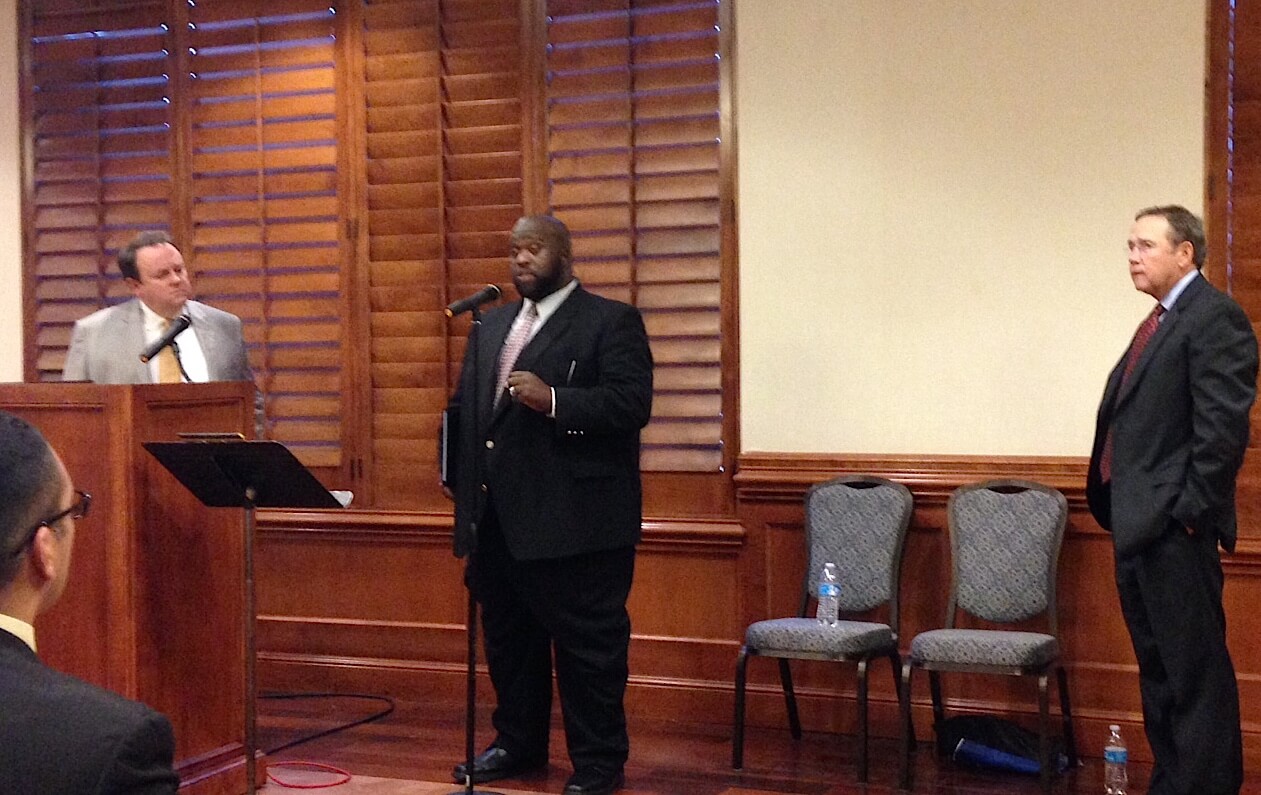
Despite widespread support for the death penalty in Oklahoma, some of its proponents fear that the cultural and political tides are turning against them. In October, Rep. Kevin McDugle (R-Broken Arrow) appeared on the Dr. Phil show to proclaim that he believes Oklahoma death-row inmate Richard Glossip is innocent. Less than a month later, Gov. Kevin Stitt commuted Julius Jones’ sentence to life without the possibility of parole hours prior to Jones scheduled execution.
Rep. Jim Olsen (R-Roland) issued a statement expressing “great sadness and grief” over Stitt’s decision.
“This is probably the end of the death penalty in the state of Oklahoma,” Olsen said in his statement. “Many people may rejoice at this. I do not. The law abiding people of the state of Oklahoma will eventually pay the price for this. The death penalty serves the interests of justice, order and peace in our society.”
Olsen told NonDoc that he feels criticism of the state’s execution methods distracts from the main issue at hand.
“As far as the methods, the opponents of the death penalty, they will grab for anything they can,” he said. “Whether for a particular case in general and — coming back to our law in the state of Oklahoma — I think our lethal injection is fine. If it’s not, hanging will do and the firing squad will do as well.”
Hanging is not one of Oklahoma’s legally allowed execution methods.
The Rev. Don Heath, who serves as executive board chairman of the Oklahoma Coalition to Abolish the Death Penalty, takes issue with the idea that the death penalty brings justice for victims or society. He called it the capstone of a “retributive” justice system.
“Our sentences are too harsh up and down the line,” he said.
Heath, who said he was Jones’ spiritual advisor for a time, attended all of this year’s clemency hearings. For every hearing, he wrote to the Oklahoma Pardon and Parole Board advocating that inmates receive clemency.
“We’re lifting up the inmates on death row as human beings instead of the animals and monsters that the prosecutors make them out to be,” Heath said.













